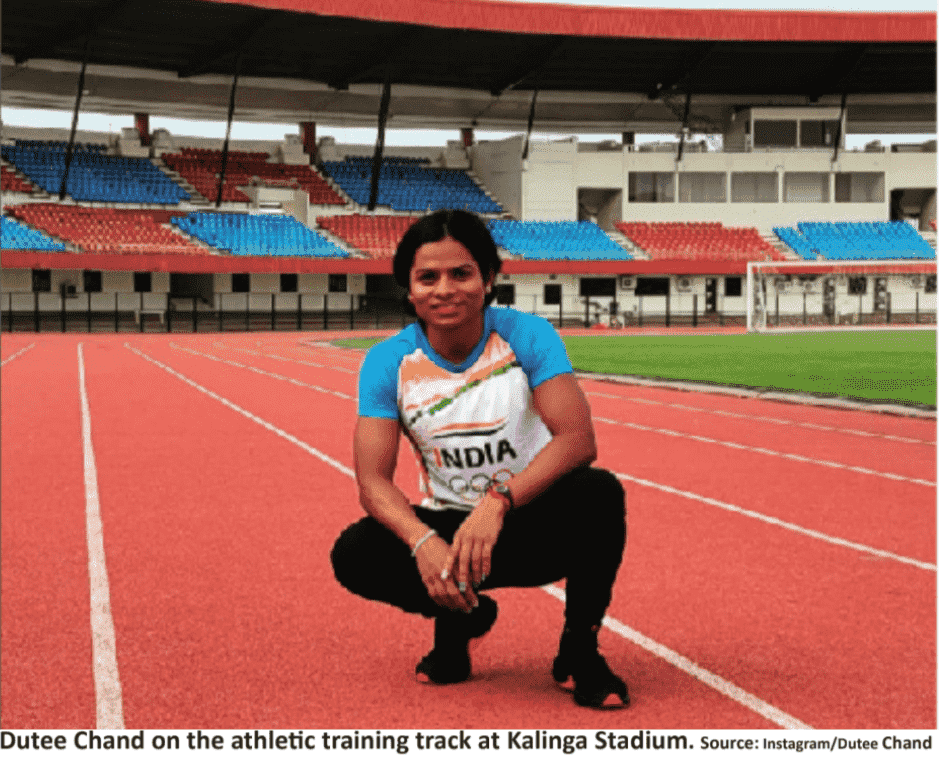
Indian professional sprinter and national champion, Dutee Chand, has accomplished several milestones in athletics. However, she was embroiled in a controversy when her body was questioned over her talent. After being questioned over factors that lay outside her control, she wasasked to take hormone-suppressing pills. While her fame, name and game have made the country proud, there was a time when she was away from the track for two years. She was asked to quit, but Chand sprinted her way back to become the first athlete to fight against the hyperandrogenism rule set by the International Association of Athletics Federations (IAAF). In 2014, she was dropped from India’s Commonwealth Games contingent after being rendered ineligible to compete as a female. This decision came from the ‘hyperandrogenism policy’ of the IAAF, which required female athletes to have their natural testosterone (male sex hormone) levels under a certain, permissible limit. The regulation implied that the difference in athletic performance between men and women is due to ‘higher levels of androgenic hormones in males.’ Dutee Chand couldn’t pass the test and was asked to take medication to make changes in her body to compete. She decided to challenge the regulations and fought against the hormone ban. Chand was 18-years-old when she appealed to the Court of Arbitration for Sport (CAS). She received support from Jiji Thomson, who was the Director-General of the Sports Authority of India (SAI) during that time. Jiji also contacted Sarbananda Sonowal, who served as the Minister for Sports and Youth Affairs in 2014 and said that he received full support from the government to bring Chand back on track. “Did they ask Phelps to do something drastic about these advantages he was born with, or suggest medication which would have boosted his lactic levels?” Jiji mentioned in the appeal, as reported by The Print. On 27 July 2015, the CAS ruling mentioned that the IAAF did not have any concrete evidence to support the statement that Chand would have benefitted from having enhanced testosterone levels than others. It also said that they would deem the ‘hyperandrogenism policy’ null and void if IAAF did not provide enough evidence to support their claims that hyperandrogenic female athletes had an upper hand over their peers. While men do not have to undergo any tests, despite the differences in their bodies’ androgenic levels, women are asked to take medications and are subjected to unnecessary checks. “Every human body cannot be the same, can it?” said Dutee Chand, as reported by The Economic Times. Following her return to the track after many years, the national athlete won two silver medals at the 2018 Asian Games. She became the first woman to have fought against IAAF’s hyper-androgenism policy. In addition, she was also the first Indian athlete who publicly accepted her same sex relationship in 2019, setting a precedent for many to follow. However, in the meantime, the World Athletics (formerly IAAF) put out data to back their claims, saying athletes did get an upper-hand in certain events. This was also accepted by the CAS, and the amended rules in 2018 banned hyperandrogenic female athletes from participating in the specified events.
10 Apr 2022
Shirin Pajnoo